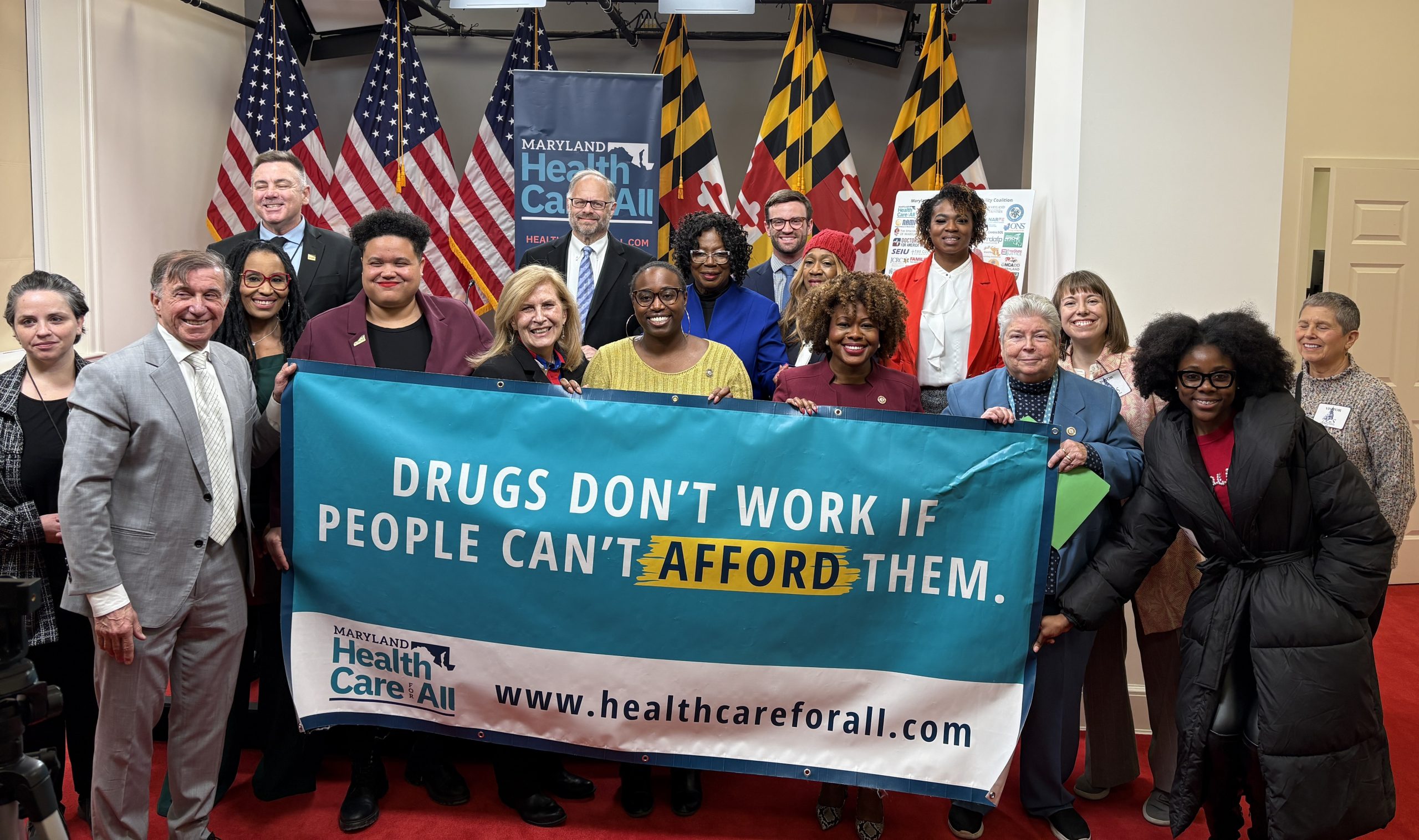Washington Business Journal
February 22, 2018
Tina Reed
As the federal government continues to challenge the Affordable Care Act, Maryland and District officials are considering state-level rules to protect the affordability and viability of their public health insurance marketplaces.
The dual campaigns join those in other states, including California and Connecticut, to draft laws that would preserve tenets of Obamacare, including its tax penalties on individuals who fail to prove they have signed up for health coverage, either privately or on a public exchange. That individual mandate was essentially eliminated as part of the tax reform package that Congress passed in December, when it zeroed out the ACA’s mandate fee starting in 2019. But these state leaders say without that requirement, they’re concerned young and healthy individuals will leave the insurance exchanges, drastically hiking costs for those remaining.
“We’ve begun seeing younger, healthier folks opt out of the market, which leaves it with an older, sicker population, which drives up premiums for everyone,” said Maryland Sen. Brian Feldman, D-Montgomery, in an interview Thursday. “You get that and you head down the road of a death spiral. We’re trying to avoid that now.”
Feldman sponsored one of the bills that Maryland legislators considered Wednesday to help stabilize its state-based exchange, Maryland Health Connection. His measure has been called a “health insurance down payment plan.” Similar to the individual mandate, the plan would let residents either pay a penalty to the state for not having health coverage, or instead put that money toward their own health coverage during the next enrollment period. If the bill passed, that program would take effect in 2020.
Maryland lawmakers also weighed a bill Wednesday that would explore creating a state-based reinsurance fund that could reimburse insurers for costly claims from higher-risk patients on the Maryland exchange, the Associated Press reported.
Maryland has seen major insurance premium increases in recent years. Feldman pointed to testimony from Chet Burrell, CEO of CareFirst BlueCross BlueShield, the region’s largest insurer, who has warned about the growing possibility of an implosion of Maryland’s insurance market if state lawmakers do nothing.
“Ultimately, we want people having insurance and back in the insurance pool,” said Feldman, co-chair of the Maryland Health Insurance Coverage Protection Commission. “It’s not about penalizing people.”
In the District, the Health Benefit Exchange Authority board — which oversees the D.C. Health Link exchange — voted Wednesday evening to recommend the city pursue its own individual mandate, potentially requiring residents show proof of minimum essential health coverage when filing their city taxes. If enacted, that would take effect next year.
“A big difference between us and Maryland is, we’re trying to set it up so we’re emulating the federal rules as much as possible so it can go in effect in the following tax year, by 2019,” said Leighton Ku, director of the Center for Health Policy Research at the GW University Milken Institute School of Public Health. “Maryland is doing something somewhat more sophisticated — but they wouldn’t go into effect until 2020. We thought it was important to not have that gap.”
The board’s recommendation — part of several policy proposals on the table, including a reinsurance program and city subsidies for qualifying residents — came from a D.C. Health Link working group, of which Ku is a member. Mayor Muriel Bowser called for the group after tax reform passed.
D.C.’s marketplace has generally seen more stability and smaller premium increases, benefiting from the enrollment of congressional staffers and small businesses, which are required to purchase coverage through the exchange. But losing the individual mandate could quickly change that. D.C. Health Link said an independent actuary estimated that would cause the exchange to lose 2,500 individuals, or 15 percent of enrollment. And that, exchange officials said, would increase estimated monthly costs to remaining individuals on the exchange by 7.2 percent.
“The real issue is the affordability of premiums,” said Mila Kofman, director of the D.C. Health Benefit Exchange Authority. “It’s not really about our viability. The real question is the prices. And if prices go up, and they are predicted to go up, eventually it will just be unaffordable for people who need this coverage.”
Kofman said she hasn’t had a chance to discuss the working group’s findings with the D.C. Council yet to gauge their support. She declined to speculate how the move might be received by Congress, which holds final approval over new D.C. legislation. But this isn’t entirely unprecedented: D.C. Council passed a bill last year to protect certain women’s health benefits even if they are repealed at the federal level.
Last modified: February 23, 2018


